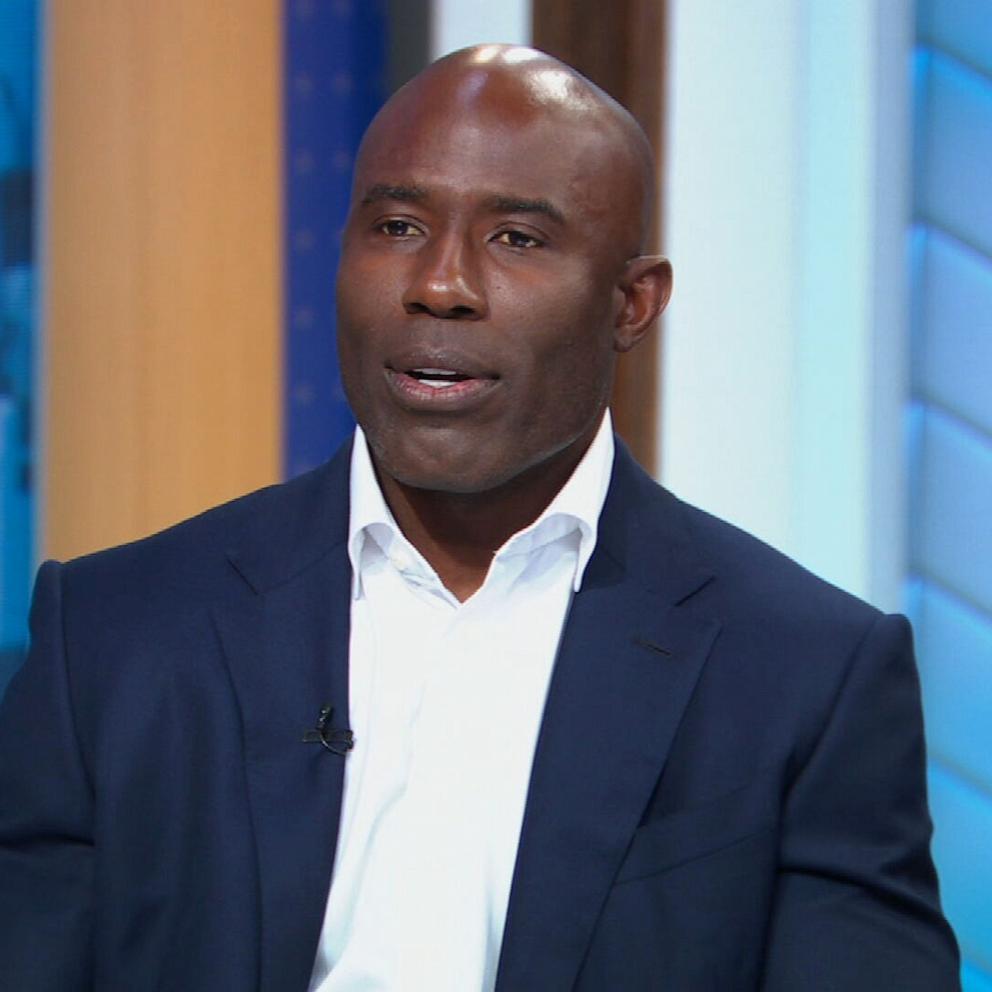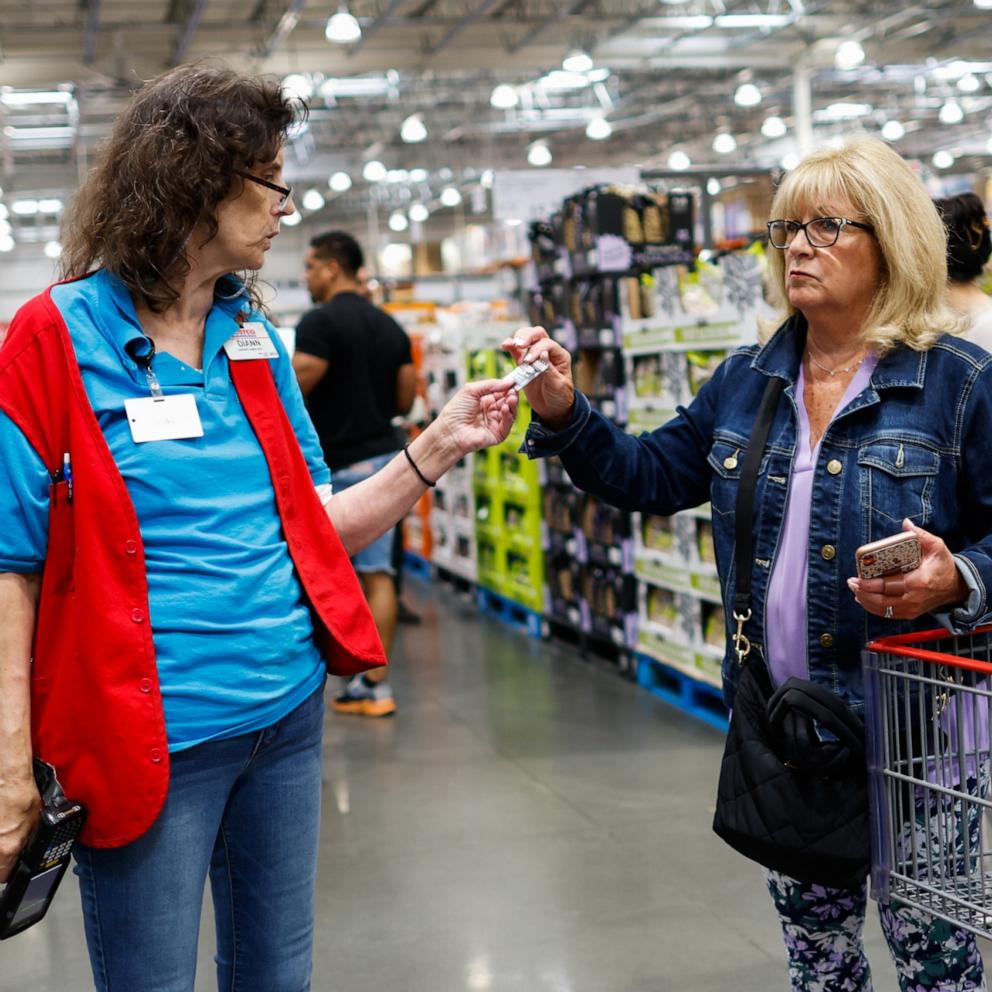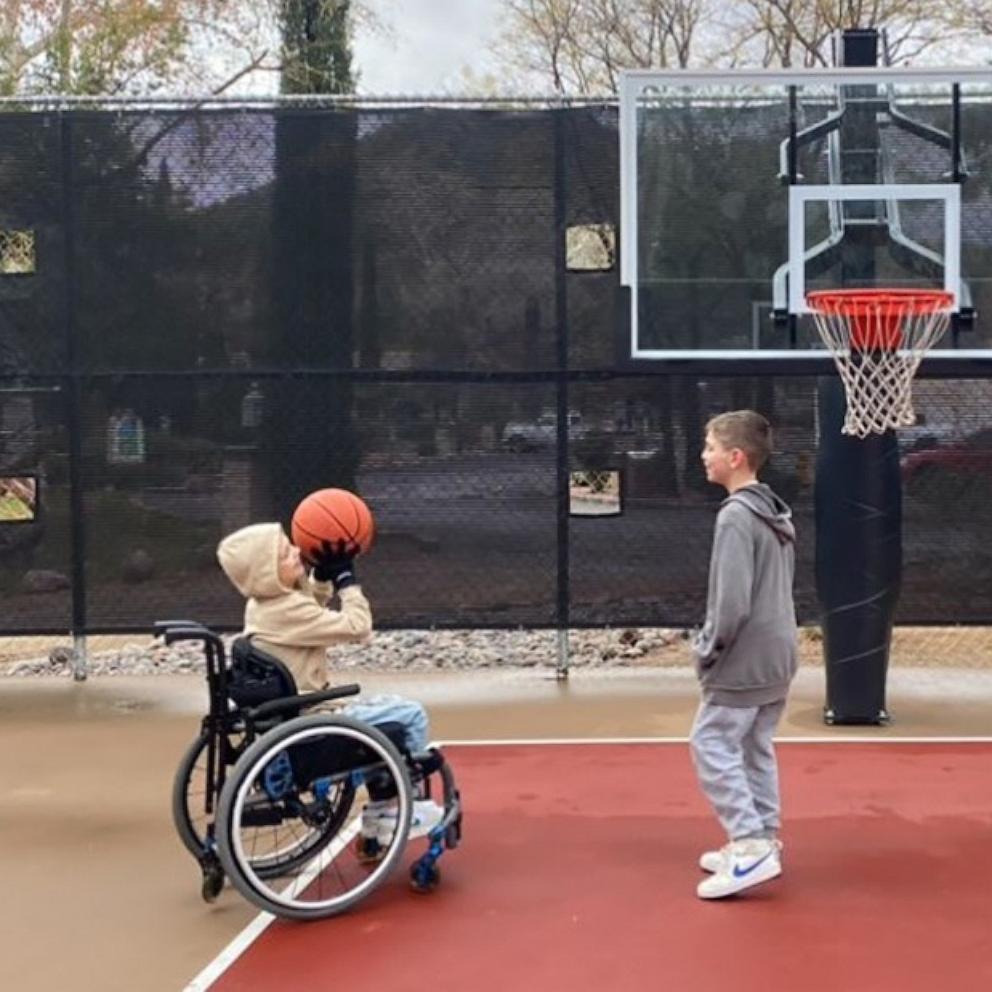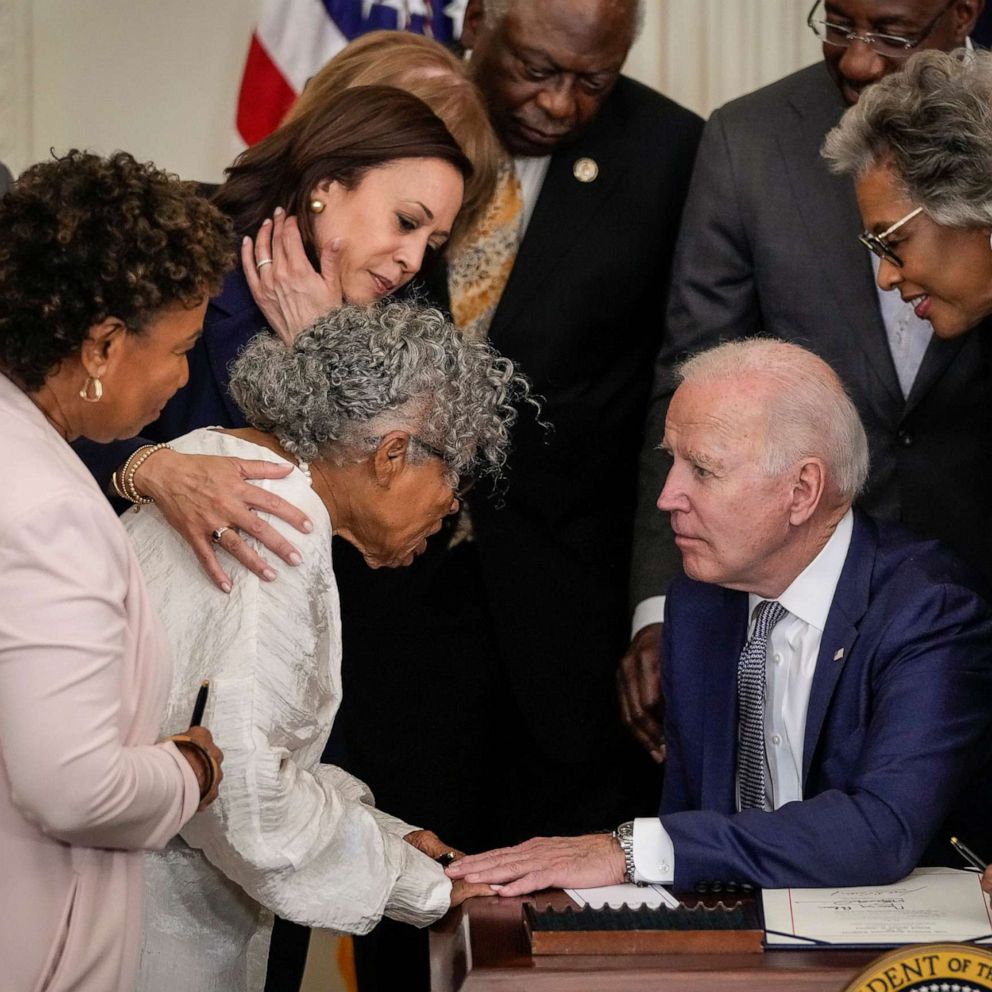George Floyd's voice haunted Derek Chauvin murder trial
During the murder trial of former Minneapolis police officer Derek Chauvin, jurors heard from 45 witnesses. But legal experts say the voice that may have resonated most in the courtroom every day was one from the grave.
In what legal experts called a rarity for the criminal justice system, George Floyd played a major role in the trial of the man prosecutors allege killed him. Jurors saw and heard Floyd up close, in multiple videos, begging for his life up until his final breath.
They gonna kill me. They gonna kill me, man.
The jury in the high-profile case announced on Tuesday afternoon that it had reached a unanimous verdict finding Chauvin guilty on the charges of second-degree unintentional murder, third-degree murder and manslaughter.
Dr. Ziv Cohen, a clinical assistant professor of psychiatry at Cornell University, said that what ever decision the jury decides, the videos the panel saw of Floyd's final moments were "powerful" evidence for the prosecution.
"That video is the star of this trial. It's the star witness of this trial. It's the biggest piece of evidence in this trial," Cohen told ABC News.
In bystander video taken from just feet away from Floyd and the officers who were on top of him during the May 25, 2020, arrest, and in even closer police body camera videos, jurors heard Floyd not just begging for his life but talking about his deceased mother, children and predicting his own demise.

"They gonna kill me. They gonna kill me, man," Floyd is heard saying in the now-famous video taken by a then-17-year-old high school student, Darnella Frazier.
Frazier's video recording appears to show Chauvin pressing his left knee on the back of Floyd's neck as he cried out 27 times, "I can't breathe," and eventually said, "My neck. I'm through. I'm through."
"My stomach hurt. My neck hurts. Everything hurts," Floyd said in the video, his face pushed against the pavement. "Give me some water or something, please."
As the disturbing footage continues, Floyd refers to Chauvin as "Mr. Officer" and speaks of his family: "Can't believe this, man. Mom, love you. Love you. Tell my kids I love them. I'm dead."
In police body camera footage taken earlier in the episode, the handcuffed man tells the officers he is "claustrophobic" and suffers from "anxiety" as he pleads with them not to put him in the back of a cramped police cruiser.
"Can you put me in the front, please?" he asked, the officers attempting to shove him into the backseat, saying, "I'm not a bad guy, man. I'm not a bad guy."
At one point he even has a conversation with Charles McMillian, 61, a concerned bystander who tried to intervene, asking Floyd to get into the squad car and saying, "You can't win."
"I'm not trying to win," Floyd responded.
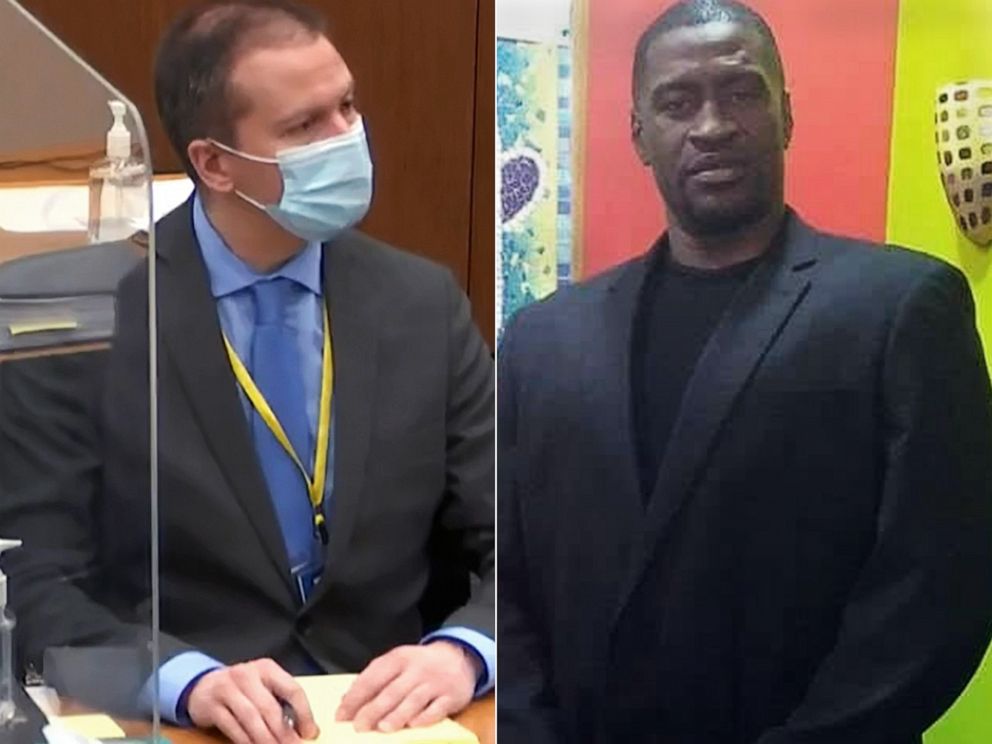
When Chauvin and the other officers remove him from the vehicle and start to place him on the ground, Floyd said, "Thank you" and "I'm gonna lie on the ground. I'm going down."
Cohen said that while many murder trials nowadays are bound to feature some form of video, mostly surveillance video with no audio, the Chauvin trial is unique for the abundance of footage, from multiple angles.
"Certainly hearing George Floyd in distress for a very long period of time, kind of seeing him in his agony and in the final moments of his life, is disturbing to your average viewer and to the jury," Cohen said. "You clearly see that George Floyd is having fear, anxiety, he's in pain, his voice is thick, he's struggling. At various points, he cries out. So, I think the challenge here is that you're not seeing a placid victim, or a placid decedent, where you might try to convince yourself that he's not suffering."
He said Chauvin's attorney, Eric Nelson, has been attempting to undo the power of those images with "ideas, facts that might muddy the waters in terms of what would appear to be very clear from the video."
Brian Buckmire, a New York City public defender and an ABC News legal contributor, said most state courts allow such video, which is considered out-of-court hearsay, to be used at trial under what is called the Dying Declaration Rule.
"We presume that the last words of a person dying are going to be true, because why would you lie if you are about to die?" Buckmire said, explaining the rule. Still, he agreed that such video in a murder trial is "extremely rare."
"When we see video in homicide cases, it's usually grainy video from a distance," Buckmire added. "I don't think I've ever seen this much video of someone's final moments of life in a criminal prosecution."
He said the videos used by prosecutors in the case have also been powerful in humanizing Floyd to the point where it's "almost slightly divine."
"When you hear someone's final words, saying, 'Thank you' to an officer for taking him out of a car, calling their mother, I think that resonates with a lot of people," Buckmire added. "I think you hear that and everyone goes to that point and time if they've lost someone and the final words of that person."
Not only have the prosecution and defense been allowed to replay the video countless times, but both sides also have been permitted to seize on freeze frames of the footage in arguments over whether Chavin was following his training as a Minneapolis police officer.
Nelson, the defense attorney, even tried countering the prosecution's case by playing for the jury part of a previous arrest of Floyd in May 2019, to illustrate similarities with the fatal 2020 arrest and to show the effects opioids allegedly had on Floyd.
"You're not just hearing it second-hand from someone else," Buckmire said, "which is very rare."
